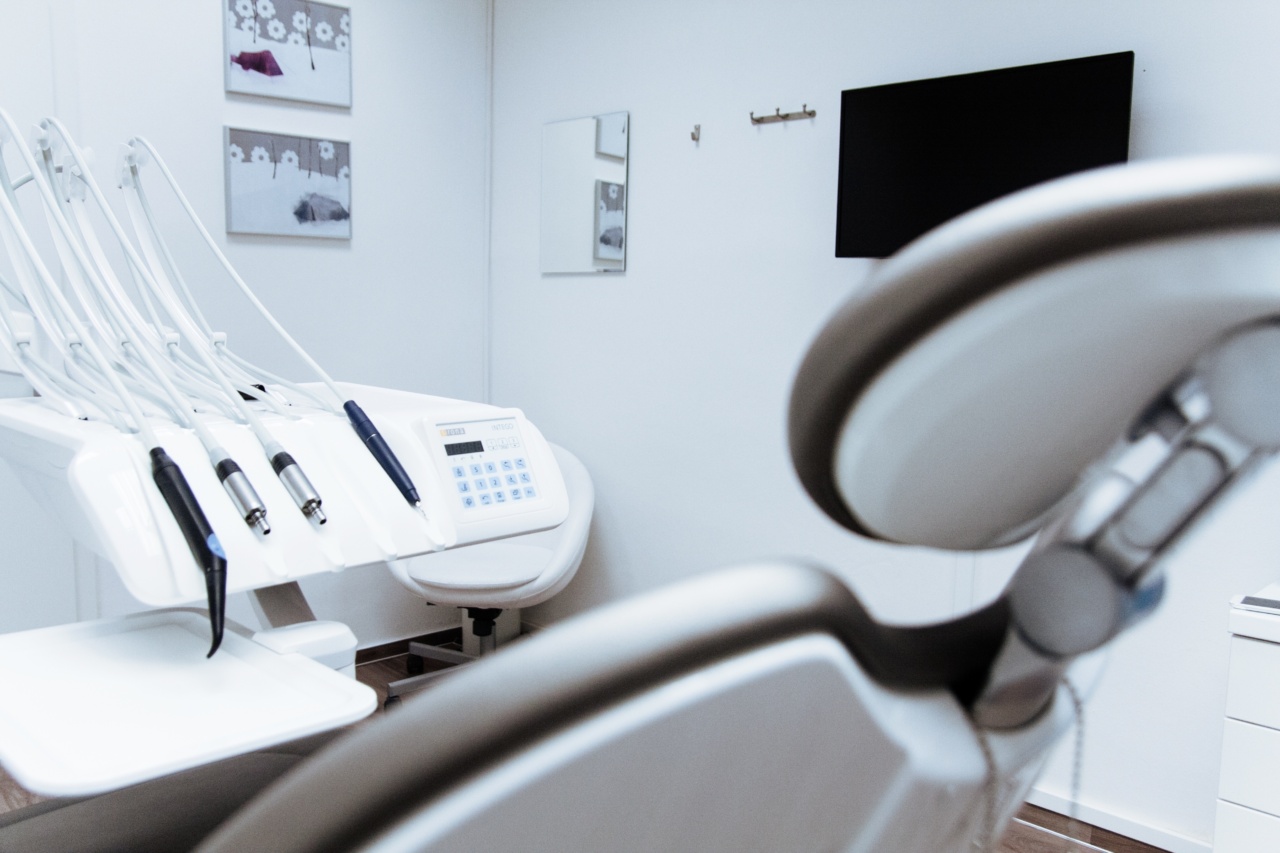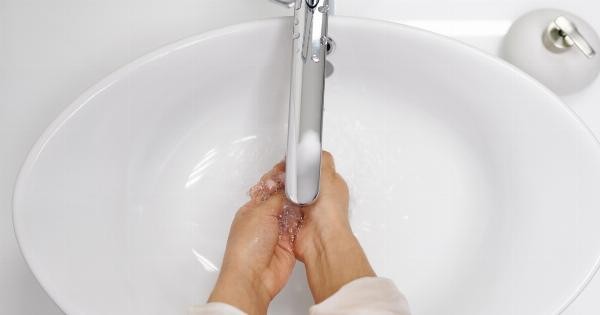Being clean has always been associated with good health. We are taught from a young age to wash our hands regularly and keep our surroundings clean. However, recent studies have shown that being too clean may have negative health effects.
In this article, we will explore the potential dangers of being too clean and how it can impact our health.
What does it mean to be too clean?
Being too clean refers to maintaining an overly sterile environment. This means cleaning everything to the point of eliminating all bacteria and germs even those that are beneficial to our health.
It involves the use of harsh chemicals, sanitizers, and disinfectants to maintain a clean environment, which can kill or neutralize anything that comes into contact with it.
Allergies and the Hygiene Hypothesis
The hygiene hypothesis postulates that being too clean may increase the likelihood of developing allergies and other inflammatory diseases.
Contrary to popular belief, our bodies need regular exposure to bacteria and other microbes to develop a properly functioning immune system.
Children who grow up in overly sterile environments may not have the opportunity to develop their immune system properly, leading to an increased risk of allergies, autoimmune diseases, and other inflammatory conditions.
Studies have shown that children who grow up with pets, on farms, or in households with older siblings have a lower incidence of allergies and other autoimmune disorders.
Superbugs and Antibiotic Resistance
Overuse and misuse of antibiotics can lead to the development of “superbugs” that are resistant to most types of antibiotics. These superbugs can be difficult to treat, making it harder to control infectious diseases.
Being too clean can also contribute to the development of antibiotic resistance.
When we use sanitizers and disinfectants excessively, we are killing not only harmful bacteria but also beneficial microbes that help keep our gut and skin microbiome healthy. This can lead to an imbalance in our microbiome and make us more susceptible to infections.
Deteriorating Gut Health
Our gut microbiome consists of trillions of bacteria and other microbes that help digest food, produce essential vitamins and hormones, and support our immune system.
When we use sanitizers and disinfectants excessively, we kill the beneficial bacteria in our gut, leading to an imbalance in our microbiome.
An unhealthy gut microbiome can contribute to a wide range of health problems, including obesity, diabetes, and autoimmune disorders.
This is because the gut microbiome plays a crucial role in regulating our immune system, and an imbalance can lead to chronic inflammation and other health problems.
Depression and Anxiety
The gut microbiome also plays a critical role in maintaining our mental health. An imbalance in the gut microbiome has been linked to an increased risk of depression and anxiety.
This is because the gut produces most of the body’s serotonin, a hormone that regulates mood.
Being too clean can contribute to an unhealthy gut microbiome, leading to an imbalance in serotonin production. This can affect our mood and lead to symptoms of depression and anxiety.
Increased Risk of Cancer
Recent studies have suggested that being too clean may increase the risk of cancer. This is partly because the chemicals and disinfectants used to keep our environment clean have been linked to an increased risk of cancer.
Studies have also suggested that an unhealthy gut microbiome can contribute to the development of cancer.
A lack of beneficial bacteria in our gut can lead to an overgrowth of harmful bacteria, which can produce chemicals that damage our DNA and increase the risk of cancer.
Conclusion
Being clean is essential for good health, but being too clean can have negative health effects.
Maintaining an overly sterile environment can lead to an imbalance in our gut microbiome, increase the risk of allergies, antibiotic resistance, and even cancer.
It is crucial to find a balance between maintaining a clean environment and allowing our bodies to develop a healthy immune system.
This means limiting the use of harsh chemicals, sanitizers, and disinfectants and allowing our bodies to develop natural immunity to harmful bacteria and other microbes.






























